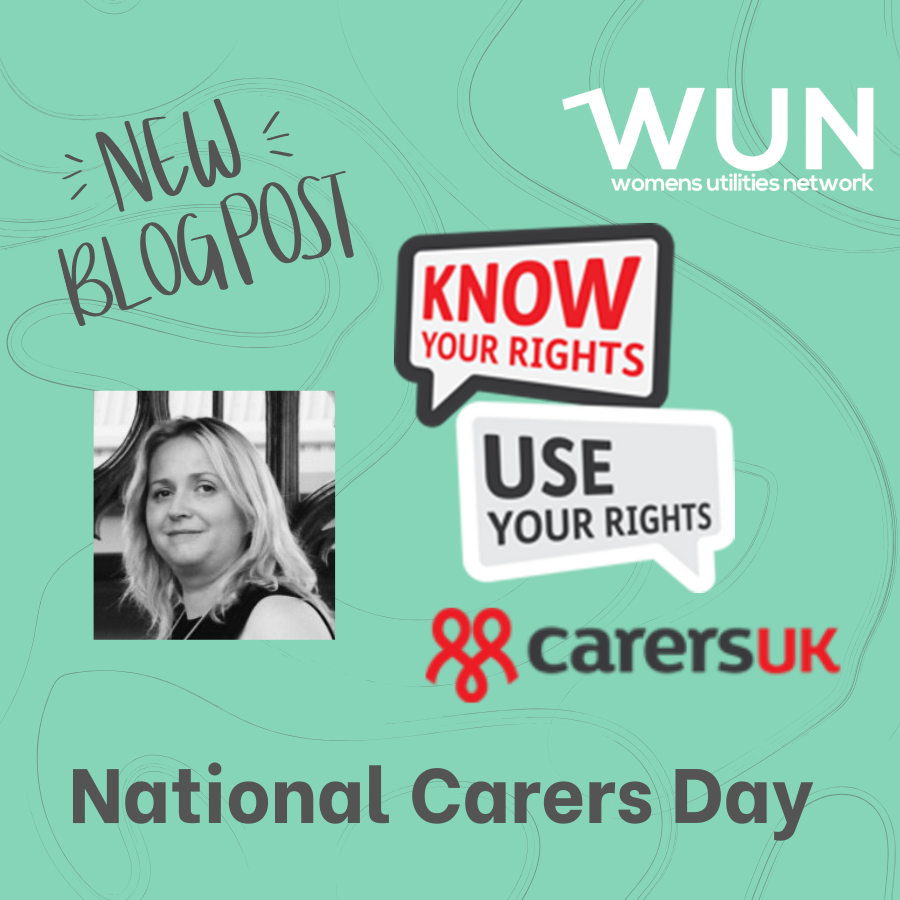National Carers Day: Know Your Rights, Use Your Rights

National Carers Day: Know Your Rights, Use Your Rights
A carer is someone who provides either paid or unpaid support to a family member, friend, or neighbour who is ill, frail, disabled, or has mental health or addiction issues and cannot manage without help. This support can range from physical care (like helping with mobility or personal hygiene) to emotional support, managing medications, or handling finances and appointments.
There are different types of carers:
- Informal carers: Often family members or friends who provide care without pay.
- Formal carers: Paid professionals who work in care homes, hospitals, or as home care workers.
- Young carers: Children or young people under 18 who care for a relative.
- Parent carers: Parents caring for children with disabilities or long-term conditions.
The “sandwich generation” refers to a group of adults, typically in their 40s to 60s who are “sandwiched” between two caregiving responsibilities:
- Raising or supporting their own children, often still living at home or financially dependent.
- Caring for aging parents or relatives, who may need physical, emotional, or financial support.
This dual role can be emotionally and financially challenging, as these individuals often juggle work, family life, and caregiving duties simultaneously. And in the case of female carers, this time often coincides with menopause. The term highlights the pressure and stress that can come from being pulled in multiple directions.
If you look around the office (or teams call) at your colleagues now, its highly likely that at least a few are involved in care, although they may well not choose to talk about it, and perhaps don’t even consider themselves to be anything other than a good daughter, son, nephew, granddaughter, spouse etc.
According to the 2021 Census data for England and Wales, there is a clear gender disparity in unpaid caregiving:
- 60% of unpaid carers are women. [carersfirst.org.uk]
- In England, 10.3% of females provided unpaid care compared to 7.6% of males.
- In Wales, 12.0% of females provided unpaid care compared to 9.0% of males. [ons.gov.uk]
- Women are more likely to provide unpaid care than men in every age group up to 75–79 years. After age 80, men slightly overtake women in caregiving roles. [kingsfund.org.uk]
This gender split reflects broader societal expectations and norms, where women are often expected to take on caregiving roles, whether for children, elderly relatives, or others in need of support. This is in no way to suggest that being a carer is always a burden – many people, myself included, willing take on the role, which they find huge joy in and see as a privilege.
This November, we mark National Carers Day 2025, also known as Carers Rights Day, a vital moment to recognise our amazing carers.
Why It Matters
The theme for this year, Know Your Rights, Use Your Rights, highlights the importance of empowering carers with knowledge about the legal rights and support available to them. Many carers are unaware of the help they’re entitled to, which can lead to unnecessary stress, burnout, and missed opportunities in employment, education, and personal wellbeing.
Carers UK, the charity leading this campaign, reminds us that 57% of carers feel overwhelmed often or always, not because of the act of caring itself, but due to the struggle to access support. This day is about changing that narrative.
What You Can Do
Whether you’re a carer yourself, know someone who is, or simply want to show support, here are a few ways to get involved:
- Raise Awareness: Share resources and stories on social media or within your teams.
- Educate Yourself and Others: Learn about carers’ rights, including employment protections and access to Carer’s Assessments.
- Support Colleagues: If you work with someone who is a carer, check in and offer flexibility or understanding where possible.
- Join Events: Many organisations, including Carers UK, are hosting webinars, workshops, and community events to mark the day.
A Shared Responsibility
Unpaid carers are the backbone of our health and social care systems. Without them, many vulnerable individuals would struggle to live safely and with dignity. As a workplace, we can play a role in recognising their contribution and ensuring they feel supported, not just today, but every day. Let’s stand together to ensure carers know their rights and feel empowered to use them.
Key Carers’ Rights
Unpaid carers play a vital role in supporting loved ones who are older, disabled, or seriously ill. Understanding your rights can help you access the support you need and protect your wellbeing.
- The Right to a Carer’s Assessment
If you provide regular care, you’re entitled to a Carer’s Assessment from your local council. This looks at how caring affects your life and what support you might need.
- You don’t need to live with the person you care for.
- You can request this even if the person you care for refuses support.
- The Right to Flexible Working
If you’re employed, you have the right to request flexible working arrangements to help balance work and caring responsibilities.
- The Right to Protection from Discrimination
Under the Equality Act 2010, carers are protected from discrimination based on their association with a disabled person.
- The Right to Financial Support
You may be eligible for benefits such as:
- Carer’s Allowance
- Universal Credit
- Council Tax reductions
- The Right to Support in Healthcare Settings
Carers should be involved in care planning and decision-making for the person they support, especially in hospitals and GP practices.
Useful Resources
- Carers UK Advice Line: 0808 808 7777
- Online Forum: Join the Carers UK Community
- Local Carer Services: Find Support Near You